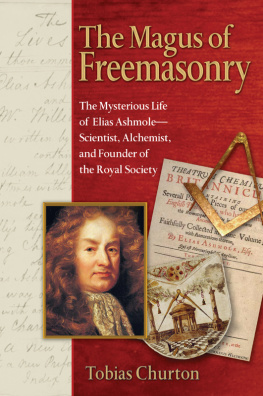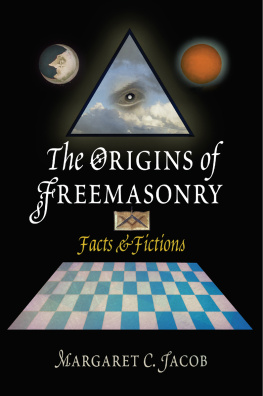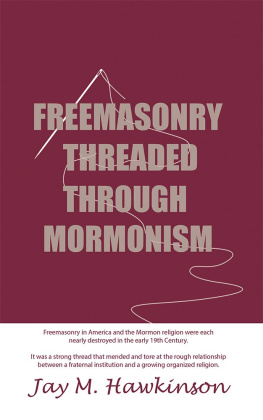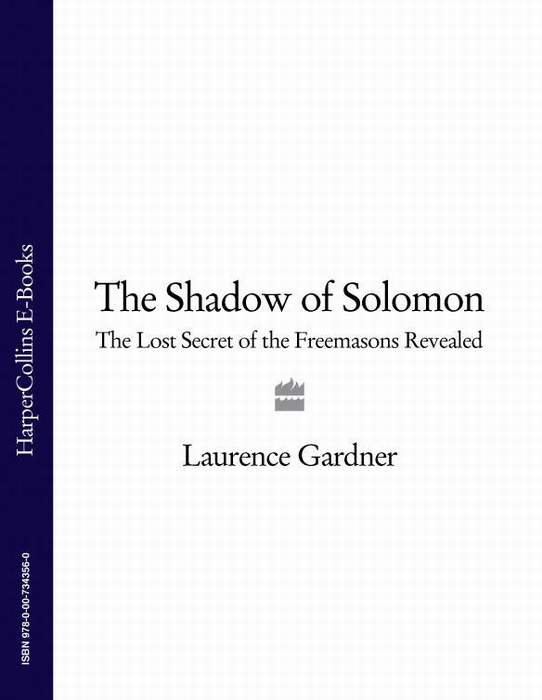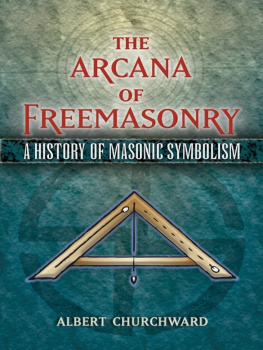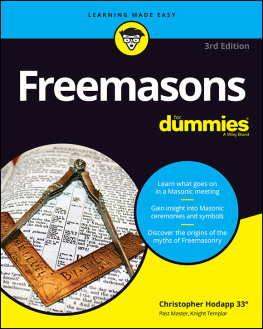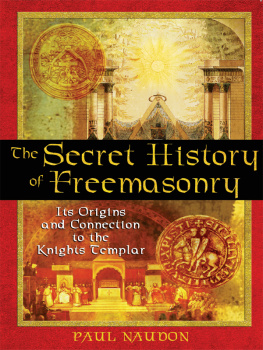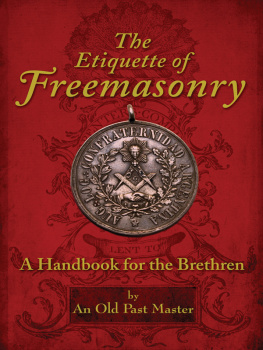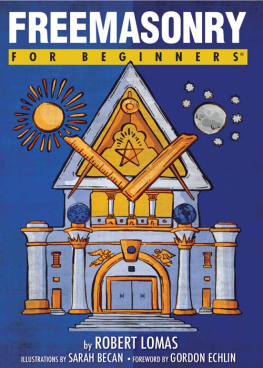Freemasons. - The magus of freemasonry: the mysterious life of Elias Ashmole, scientist, alchemist, and founder of the Royal Society
Here you can read online Freemasons. - The magus of freemasonry: the mysterious life of Elias Ashmole, scientist, alchemist, and founder of the Royal Society full text of the book (entire story) in english for free. Download pdf and epub, get meaning, cover and reviews about this ebook. City: Great Britain;Rochester;Vt, year: 2006, publisher: Inner Traditions/Bear & Company, genre: Religion. Description of the work, (preface) as well as reviews are available. Best literature library LitArk.com created for fans of good reading and offers a wide selection of genres:
Romance novel
Science fiction
Adventure
Detective
Science
History
Home and family
Prose
Art
Politics
Computer
Non-fiction
Religion
Business
Children
Humor
Choose a favorite category and find really read worthwhile books. Enjoy immersion in the world of imagination, feel the emotions of the characters or learn something new for yourself, make an fascinating discovery.
- Book:The magus of freemasonry: the mysterious life of Elias Ashmole, scientist, alchemist, and founder of the Royal Society
- Author:
- Publisher:Inner Traditions/Bear & Company
- Genre:
- Year:2006
- City:Great Britain;Rochester;Vt
- Rating:3 / 5
- Favourites:Add to favourites
- Your mark:
The magus of freemasonry: the mysterious life of Elias Ashmole, scientist, alchemist, and founder of the Royal Society: summary, description and annotation
We offer to read an annotation, description, summary or preface (depends on what the author of the book "The magus of freemasonry: the mysterious life of Elias Ashmole, scientist, alchemist, and founder of the Royal Society" wrote himself). If you haven't found the necessary information about the book — write in the comments, we will try to find it.
Explores the true role of occult and magical studies in the genesis of modern science
Explains the full meaning of the termmagus, which Ashmole exemplified
Elias Ashmole (1617-1692) was the first to record a personal account of initiation into Accepted Freemasonry. His writings help solve the debate between operative and speculative origins of Accepted Freemasonry, demonstrating that symbolic Freemasonry existed within the Masonic trade bodies. Ashmole was one of the leading intellectual luminaries of his time: a founding member of the Royal Society, a fellowship and later academy of natural philosophers and scientists; alchemist; astrological advisor to the king; and the creator of the worlds first public museum. While Isaac Newton regarded him as an inspiration, Ashmole has been ignored by many conventional historians.
Tobias Churtons compelling portrait of Ashmole offers a perfect illustration of the true Renaissance figure--the magus. As opposed to the alienated position of his post-Cartesian successors, the magus occupied a place at the heart of Renaissance spiritual, intellectual, and scientific life. Churton shows Ashmole to be part of the ferment of the birth of modern science, a missing link between operative and symbolic Freemasonry, and a vital transmitter of esoteric thought when the laws of science were first taking hold. He was a man who moved with facility between the powers of earth and the active symbols of heaven.
Freemasons.: author's other books
Who wrote The magus of freemasonry: the mysterious life of Elias Ashmole, scientist, alchemist, and founder of the Royal Society? Find out the surname, the name of the author of the book and a list of all author's works by series.

